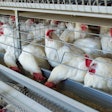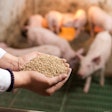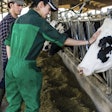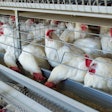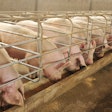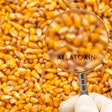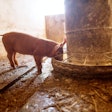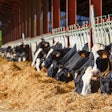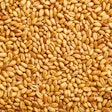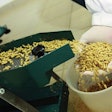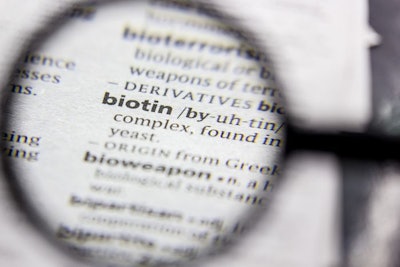
Lesser-known vitamin is significant but only needed in small amounts
Even though biotin remains one of the lesser-known vitamins, it is one of the most significant ones because it holds a central role in nutrient metabolism. However, it is needed only in miniscule amounts compared to other vitamins.
Most natural ingredients such as corn do not contain enough biotin to cover normal animal requirements; wheat is virtually devoid of bioavailable biotin. Thus, biotin is usually supplied through premixes, although its enormous cost per unit weight warrants vigilance against low-cost products.
The levels of biotin fortification vary widely in the poultry industry. Some feed professionals rely on the NRC (1994) publication of poultry requirements, which set total bird requirements at 0.15 mg biotin per kg feed, to provide exactly this amount as added biotin, ignoring any naturally occurring biotin. More modern scientific reviews, including recommendations from poultry genetics houses, call for slightly higher levels of fortification at around 0.2 mg/kg. Finally, vitamin suppliers recommend adding up to 0.4 mg/kg biotin, especially when leg problems arise under wet litter conditions.
To put things in perspective, a typical broiler formula based on corn (0.06 mg/kg) and soybean meal (0.32 mg/kg) contains around 0.10 to 0.12 mg/kg biotin, which is marginally deficient compared with NRC (1994) recommendations. In the case of wheat-based diets supplemented with soybean meal, the dietary biotin level is higher as wheat contains more biotin than corn, but given the poor bioavailability of biotin, it is safe to assume dietary levels are below 0.10 mg/kg.
In my own experience, assuming 50% of biotin in corn and soybean is available is a sound assessment. To that, I normally recommend adding 0.1 mg/kg extra biotin, which I double when skin problems are expected, and when diets are based on wheat. If cost remains an issue, I would rather see the higher levels applied in the starter and grower diets, with lower fortification being implemented in the final, finisher diet.






